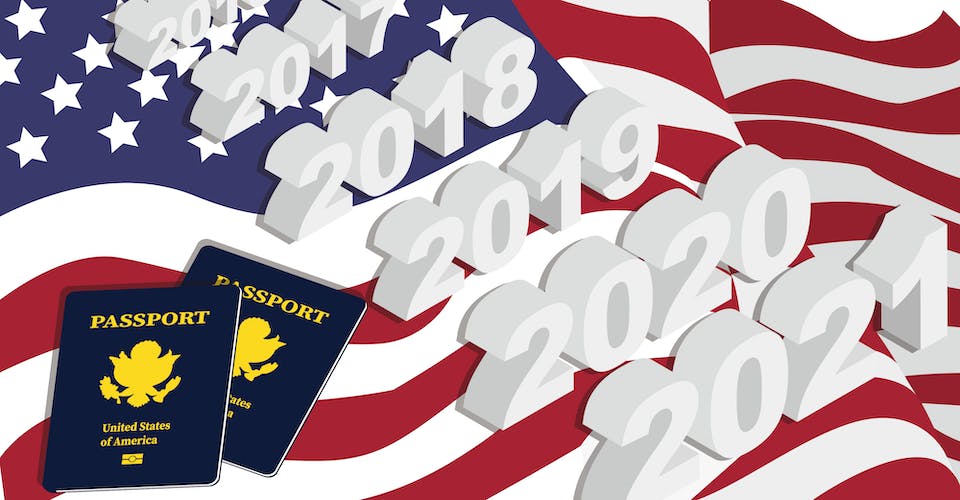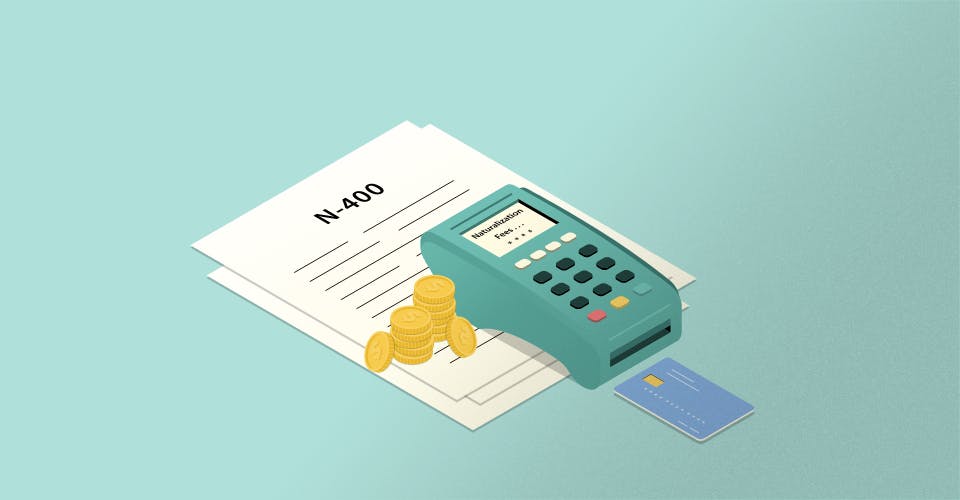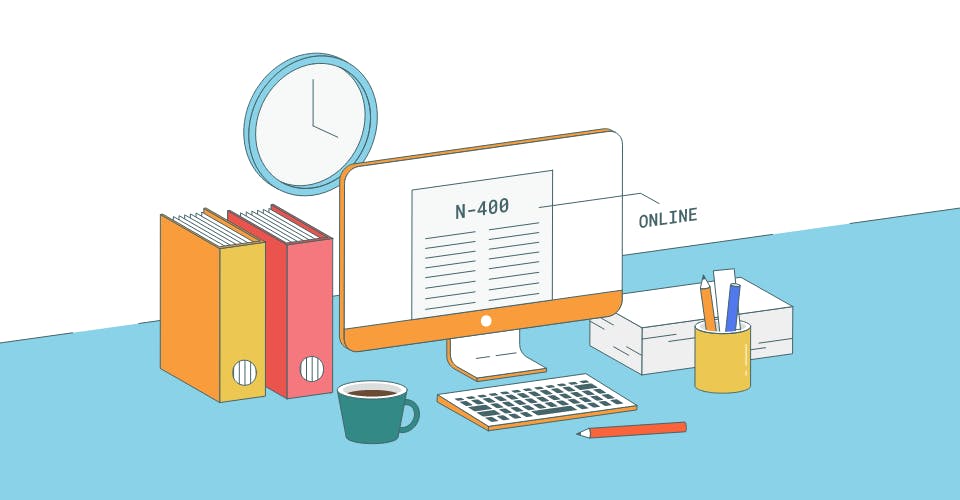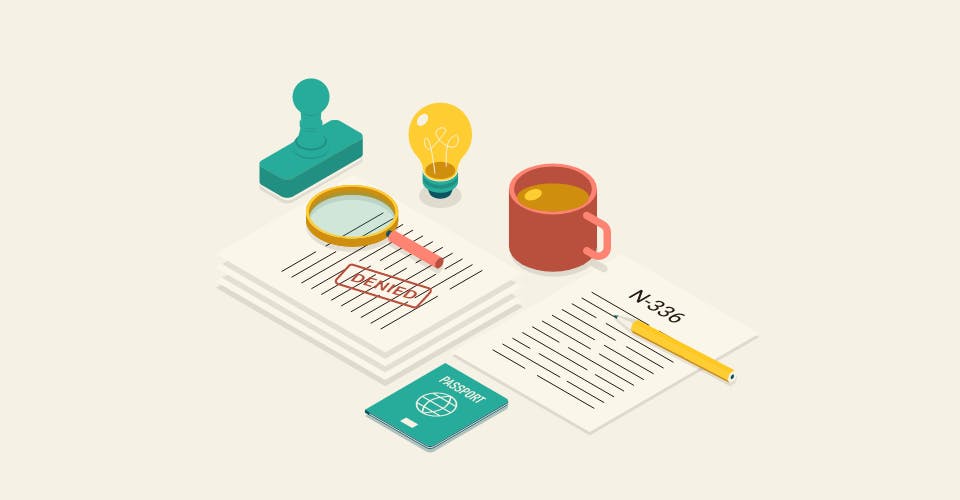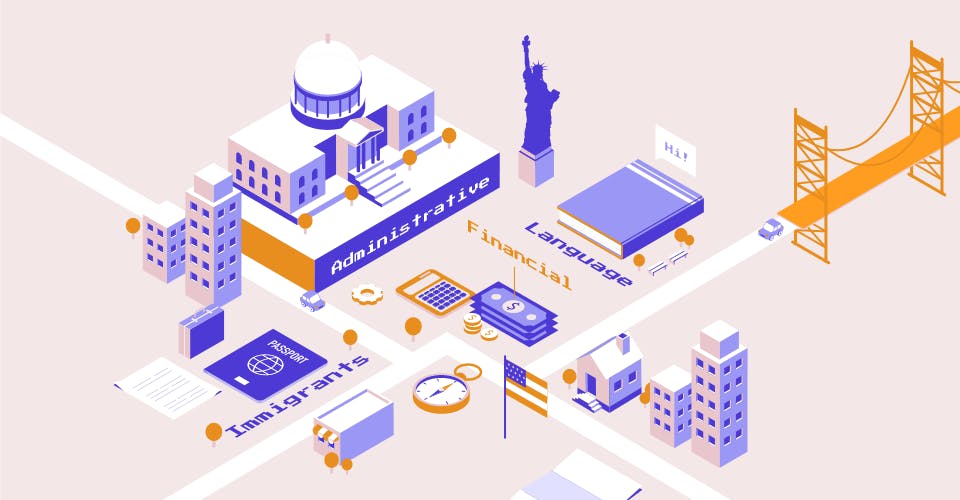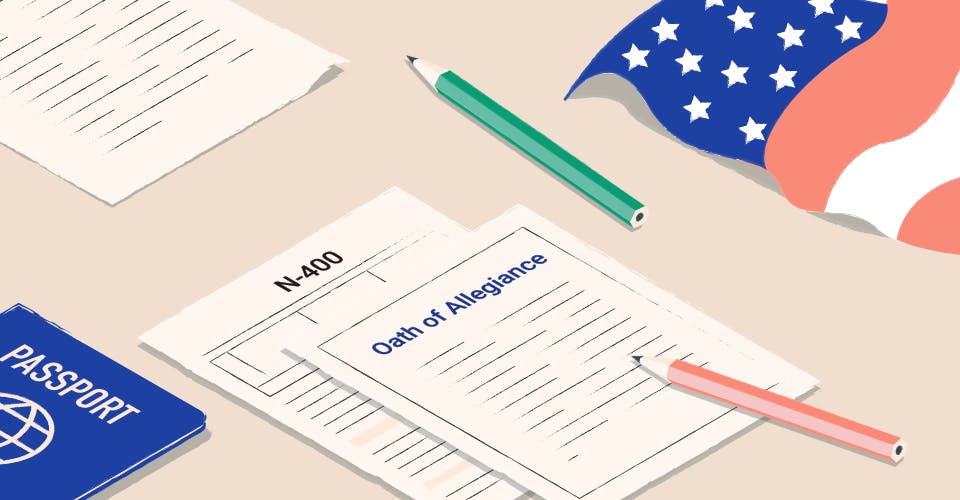The N-400 is the USCIS application form that one needs to complete in order to move one step closer to becoming a U.S. citizen. The form is available to everyone on the USCIS website and overall the document has not changed all that much in recent years. What has changed, however, are differing tactics for adjudicating cases now, as well as much longer wait times and pending caseloads. This is partly due to the coronavirus pandemic, which has increased the backlog of cases that still need to be processed, but also due to more scrutiny from USCIS officers who are checking to make sure applicants are displaying “good moral character” in any way, shape, or form and the recent presidential elections that produced a surge or voting-related applications.
Background
In recent years, about 9 in 10 applicants were granted U.S. citizenship. That’s a high percentage. In the most recent quarter of 2020, however, for which statistics are available, the approval rate fell to 86 percent. While this is not a substantial difference from the 90 percent rate, it does show that hundreds, if not thousands, more applications are being denied. This information was released in a recent Migration Policy Institute report.
In addition to the lower approval rate (which doesn’t take into account processing time), cases are also taking somewhat longer now. For example, application processing is now taking a year to 3 years in large cities like Dallas, Houston, Los Angeles, San Francisco, New York, and Miami. In Chicago, the minimum wait time for naturalization is 13 months. Average processing waits had been about 8 months before the pandemic. The effect is that applicants are facing more scrutiny at a time when they are also having to wait longer. In general, this is causing problems for the naturalization process this year, as more time accrues and applicants can lose their paperwork, lose receipts, or not be as prepared when they finally have an interview. This is a possible side effect of the recent changes and backlogs.
Policy Changes
One of the many policy changes in recent years that has compounded with the coronavirus pandemic to ultimately make wait times much longer is the fact that the USCIS has diverted some of its resources, especially when it comes to vetting and detecting fraud. Third-party agencies are responsible for vetting. This is creating new stressors for applicants such as having to show more evidence about simple things like traffic violations, which used to be less of an issue.
The Catholic Charities of Dallas, for example, which has a program dedicated to immigration legal services, has publicly stated that some of their clients are having to fetch evidence and go to different courthouses in different counties of the state to get a receipt that they had paid a certain traffic ticket going back 10 years.
In addition, some naturalization applicants and clients of the Dallas charity are also facing much longer naturalization interview times in recent months and even previously leading up to the pandemic. They stressed that meetings have doubled in length.
One of the potential reasons that the meetings have doubled in length is because it gives the reviewing officer more time to see if the applicant will admit to sharing some type of information that will violate the good moral character argument—which is a hallmark of the INA and immigration processing in general in the United States. For example, even lying about a parking ticket or fine would be considered a violation of the good moral character clause. It’s one of the many loopholes that allows for immigration crackdowns.
Overall, it seems that while Covid-19 has caused a shortage of revenue for the USCIS (which is currently in a budget deficit), naturalization rates are historically high. This is resulting from Obama era backlogs and also, as pointed out by the Dallas charities organization, from an increased desire for LPRs that wanted to vote in the 2020 presidential election.

